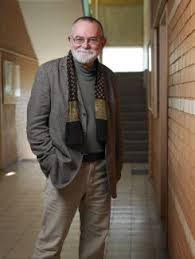A QS 2025 listáján jelentős volt a magyar előrelépés: vajon mely teljesítményindikátorok illetve a lista egészére ható folyamatok eredményezték ezt a helyzetet?
A rangsorok mindenkori tartalmi mondandóját az indikátorok fejezik ki. Ezek közül a hagyományosak esetében (hallgató/oktató arány, idézettség, külföldi oktatók/hallgatók ) a magyar intézmények pozíciója többségükben változatlan maradt vagy éppen romlott is. Kivételnek számít itt az Óbudai Egyetem, ahol jelentős mértékben nőtt a külföldi oktatók aránya, így ezen az alranglistán az intézmény 64 helyet lépett előre (a 629-re.) Viszont feltűnően javultak a magyar egyetemek reputációs jellegű indikátor-értékei. Ez már „Academic Reputation” esetében is megjelenik, hiszen itt a kétharmaduknak jobbak azelőző évihez mérten értékeik, a Műegyetem pedig 39 helyet ugrott előre (az 562-re). A foglalkoztatói reputáció tekintetében még jelentősebb ez a növekedés, itt a magyar egyetemek felének javult a rangsor-pozíciója (a többié szinten maradt), méghozzá jelentős mértérben, száz körüli helyezésekkel, az indikátorérték pedig mindegyiküknél javult. Ilyen általános emelkedést még Románia, Horvátország és Szerbia esetében tapasztalunk, és érdekes vonatkoztatási adat, hogy a lényegesen jobb pozícióba sorolt finn intézmények mindegyike rosszabb indikátorértéket kapott, ami vagy stagnálást, vagy rosszabb helyezést eredményezett ebben az alrangsorban.
Az állásba kerülés, munkaerőpiaci érvényesülés szempontjait kifejezni szándékolt Employment Outcomes indikátor, ami döntően az intézményi saját karrierkövetések illetve esetenként a harmadik fél (állam, ügynökségek stb.) nyilvántartásait használja alapul, szintén kedvezett néhány magyar egyetemeknek. A leglátványosabban a Corvinus lépett itt előre, 28 pontot javult az érétkelése és ez 324 helyezéssel jobbat hozott, így az alrangsoron a 701-800-as csoportból a 377. helyre ugrott előre, ami messze a legnagyobb mértékű javulás a teljes keleti mezőnyben, valamennyi indikátort figyelembe véve. Az ELTE ugyan számértékben csak 50 helyet lépett előre itt, de 30,1-gyelk nőtt a pontértéke és mindez a számára a 198.helyet hozta, ami jó helyezés, bár a keleti fővárások szinte mindegyikének az egyeteme előbbre végzett.

Ahol viszont az ELTE rendkívül nagyot, 409 helyezést lépett előbbre, az a fenntarthatósági alrangsor. Ez egy új, tavaly óta használt indikátor, ami többféle szempontot összesít magéban, az ENSZ fenntarthatósági kritériumaitól kezdve (SDG), az éghajlati hatások figyelembe vételén át az a tárgyú kutatásokig. Itt Debrecen (330) és Szeged (142) is erősen jobb pozícióba került, de nem csupán javulásuk volt kiemelkedő, hanem az alrangsor pozíciójuk is: a vezető finn egyetemek, valamint a cseh Masaryk és Károly, valamint a Varsói Egyetem mögött a 8-9. helyen (a teljes listán a 258-on) a találjuk az ELTE-t és Szegedet, a 16. (371.)helyen pedig Debrecent. Ez azért is fontos szempont, mert mutatja, hogy a régiónkban az egyéb (tudományos stb. kiválóságtól nem szakad el jelentős mértékben ennek a meglehetősen bizonytalan kontúrú indikátornak a jellemző ereje.
| Institution Name | Location | Academic Reputation | Employer Reputation | Faculty Student | Citations per Faculty | International Faculty | International Students | International Research Network | Employment Outcomes | Sustainability | Academic Reputation | Employer Reputation | Faculty Student | Citations per Faculty | International Faculty | International Students | International Research Network | Employment Outcomes | Sustainability |
| Eötvös Loránd University | Hungary | -0,6 | 5,8 | -2,5 | -1,7 | 0,2 | -0,3 | 40,2 | 30,1 | 51,7 | -23 | 101 | 0 | 0 | 0 | -16 | -12 | 50 | 409 |
| University of Eastern Finland | Finland | -1 | -2,1 | 4,3 | -6,2 | 6,5 | 0,4 | 24 | -3,9 | 50,2 | -13 | 0 | 46 | -82 | 51 | 0 | 6 | 0 | 299 |
| Universität Innsbruck | Austria | 0,1 | 0,8 | 3,9 | -1,9 | 0 | 0 | 38,6 | 20,1 | 45,1 | -1 | 0 | 10 | 0 | -3 | 0 | -27 | -15 | 323 |
| University of Debrecen | Hungary | 0,6 | 3,6 | 3,6 | 0,2 | 0 | 2 | 37,1 | 4,5 | 36 | 10 | 13 | 52 | 0 | 0 | 9 | -4 | -37 | 330 |
| Paris Lodron University of Salzburg | Austria | 0,3 | 0,6 | 7,8 | -1,2 | 1 | -3,8 | 42,2 | 3,7 | 33,2 | 0 | 0 | 42 | 0 | 13 | -33 | -66 | 61 | 330 |
| University of Szeged | Hungary | 0,5 | 4,8 | -7,6 | -0,1 | -0,1 | -9,3 | 38,5 | 5,9 | 27 | 7 | 91 | -82 | 0 | 0 | -59 | -20 | 38 | 142 |
| UNIVERSITY OF GDANSK | Poland | 0,5 | -0,8 | 2,8 | 0,1 | 0,2 | 0,1 | 42,6 | 4,1 | 23,1 | 0 | 0 | 39 | 0 | 0 | 0 | -4 | 14 | 218 |
| Gdańsk University of Technology | Poland | 0,2 | 0,8 | -6,7 | 0,9 | 2 | -3,1 | 54 | -5,4 | 18,4 | 0 | 13 | -90 | 25 | 0 | 0 | 92 | 0 | 196 |
| Lappeenranta-Lahti University of Technology LUT | Finland | -0,5 | -3,9 | -1,6 | -0,1 | 11,6 | 10,3 | 40,9 | -3,5 | 16,8 | 0 | 0 | 0 | -5 | 44 | 133 | -83 | 0 | 83 |
| Vilnius University | Lithuania | -0,7 | -4,3 | -8,3 | 0,3 | -0,6 | -1,3 | 32 | 58,2 | 15,4 | -25 | -59 | -49 | 0 | 0 | -27 | -47 | 220 | 176 |
| Kaunas University of Technology | Lithuania | -0,1 | -3,3 | -0,4 | 1,1 | 0,2 | 4,5 | 47,3 | 14,8 | 14,2 | 0 | -47 | -8 | 0 | 0 | 47 | 6 | 210 | 124 |
| Czech University of Life Sciences in Prague | Czech Republic | -0,6 | -2,1 | 0,2 | 1,3 | 2,4 | 9 | 21,1 | -5,5 | 13,7 | 0 | 0 | 0 | 0 | 12 | 36 | -104 | 0 | 71 |
| University of Helsinki | Finland | -2,8 | -3,2 | -4 | -0,2 | 1,9 | 0,3 | 0,9 | 24,8 | 11,8 | -5 | -20 | -23 | -2 | -4 | 0 | -3 | 12 | 73 |
| Palacký University Olomouc | Czech Republic | 0,2 | -4 | 0,3 | -0,1 | -0,6 | -1,7 | 33,3 | -2,7 | 9,3 | 4 | -94 | 1 | 0 | -16 | -25 | 82 | 0 | 86 |
| Masaryk University | Czech Republic | 0,3 | -0,5 | -0,9 | -1,4 | -3,4 | -2 | 24 | 21,4 | 9,2 | -5 | 7 | 0 | -28 | -32 | -8 | -42 | 223 | 46 |
Összegezve, az indikátorokat tekintve azt látjuk, hogy a magyar egyetemek az ún. kemény adatok terén nem tudtak érdemi előrelépést elérni, sőt, néhány pozíciót rontottak is. Azonban a régiós versenytársainknál általánosan jelentősebb mértékben léptek elpőre a sok szubjektív elemet tartalmazó reputációs és megítéléséket kifejező indikátorokban. Mivel ilyen léptékű változások ritkák a rangsorokban, valamint a külső reflexiók is lassabban szoktak mozdulni, további elemzést igényel ez a fejlemény.
 Dr. habil György Fábri (1964) is an habilitated associate professor (Institute of research on Adult Education and Knowledge Management, Faculty of Education and Psychology of Eötvös Loránd University), head of the Social Communication Research Group. Areas of research: university philosophy, sociology of higher education and science, science communication, social communication, church sociology. His monograph was published on the transformation of Hungarian higher education during the change of regime (1992 Wien) and on university rankings (2017 Budapest). He has edited several scientific journals, and his university courses and publications cover communication theory, university philosophy, science communication, social representation, media and social philosophy, ethics, and church sociology.
Dr. habil György Fábri (1964) is an habilitated associate professor (Institute of research on Adult Education and Knowledge Management, Faculty of Education and Psychology of Eötvös Loránd University), head of the Social Communication Research Group. Areas of research: university philosophy, sociology of higher education and science, science communication, social communication, church sociology. His monograph was published on the transformation of Hungarian higher education during the change of regime (1992 Wien) and on university rankings (2017 Budapest). He has edited several scientific journals, and his university courses and publications cover communication theory, university philosophy, science communication, social representation, media and social philosophy, ethics, and church sociology.
 Dr. Mircea Dumitru is a Professor of Philosophy at the University of Bucharest (since 2004). Rector of the University of Bucharest (since 2011). President of the European Society of Analytic Philosophy (2011 – 2014). Corresponding Fellow of the Romanian Academy (since 2014). Minister of Education and Scientific Research (July 2016 – January 2017). Visiting Professor at Beijing Normal University (2017 – 2022). President of the International Institute of Philosophy (2017 – 2020). President of Balkan Universities Association (2019 – 2020). He holds a PhD in Philosophy at Tulane University, New Orleans, USA (1998) with a topic in modal logic and philosophy of mathematics, and another PhD in Philosophy at the University of Bucharest (1998) with a topic in philosophy of language. Invited Professor at Tulsa University (USA), CUNY (USA), NYU (USA), Lyon 3, ENS Lyon, University of Helsinki, CUPL (Beijing, China), Pekin University (Beijing, China). Main area of research: philosophical logic, metaphysics, and philosophy of language. Main publications: Modality and Incompleteness (UMI, Ann Arbor, 1998); Modalitate si incompletitudine, (Paideia Publishing House, 2001, in Romanian; the book received the Mircea Florian Prize of the Romanian Academy); Logic and Philosophical Explorations (Humanitas, Bucharest, 2004, in Romanian); Words, Theories, and Things. Quine in Focus (ed.) (Pelican, 2009); Truth (ed.) (Bucharest University Publishing House, 2013); article on the Philosophy of Kit Fine, in The Cambridge Dictionary of Philosophy, the Third Edition, Robert Audi (ed.) (Cambridge University Press, 2015), Metaphysics, Meaning, and Modality. Themes from Kit Fine (ed.) (Oxford University Press, forthcoming).
Dr. Mircea Dumitru is a Professor of Philosophy at the University of Bucharest (since 2004). Rector of the University of Bucharest (since 2011). President of the European Society of Analytic Philosophy (2011 – 2014). Corresponding Fellow of the Romanian Academy (since 2014). Minister of Education and Scientific Research (July 2016 – January 2017). Visiting Professor at Beijing Normal University (2017 – 2022). President of the International Institute of Philosophy (2017 – 2020). President of Balkan Universities Association (2019 – 2020). He holds a PhD in Philosophy at Tulane University, New Orleans, USA (1998) with a topic in modal logic and philosophy of mathematics, and another PhD in Philosophy at the University of Bucharest (1998) with a topic in philosophy of language. Invited Professor at Tulsa University (USA), CUNY (USA), NYU (USA), Lyon 3, ENS Lyon, University of Helsinki, CUPL (Beijing, China), Pekin University (Beijing, China). Main area of research: philosophical logic, metaphysics, and philosophy of language. Main publications: Modality and Incompleteness (UMI, Ann Arbor, 1998); Modalitate si incompletitudine, (Paideia Publishing House, 2001, in Romanian; the book received the Mircea Florian Prize of the Romanian Academy); Logic and Philosophical Explorations (Humanitas, Bucharest, 2004, in Romanian); Words, Theories, and Things. Quine in Focus (ed.) (Pelican, 2009); Truth (ed.) (Bucharest University Publishing House, 2013); article on the Philosophy of Kit Fine, in The Cambridge Dictionary of Philosophy, the Third Edition, Robert Audi (ed.) (Cambridge University Press, 2015), Metaphysics, Meaning, and Modality. Themes from Kit Fine (ed.) (Oxford University Press, forthcoming).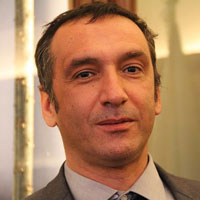 Mr. Degli Esposti is Full Professor at the Department of Computer Science and Engineering, Deputy Rector Alma Mater Studiorum Università di Bologna, Dean of Biblioteca Universitaria di Bologna, Head of Service for the health and safety of people in the workplace, President of the Alma Mater Foundation and Delegate for Rankings.
Mr. Degli Esposti is Full Professor at the Department of Computer Science and Engineering, Deputy Rector Alma Mater Studiorum Università di Bologna, Dean of Biblioteca Universitaria di Bologna, Head of Service for the health and safety of people in the workplace, President of the Alma Mater Foundation and Delegate for Rankings.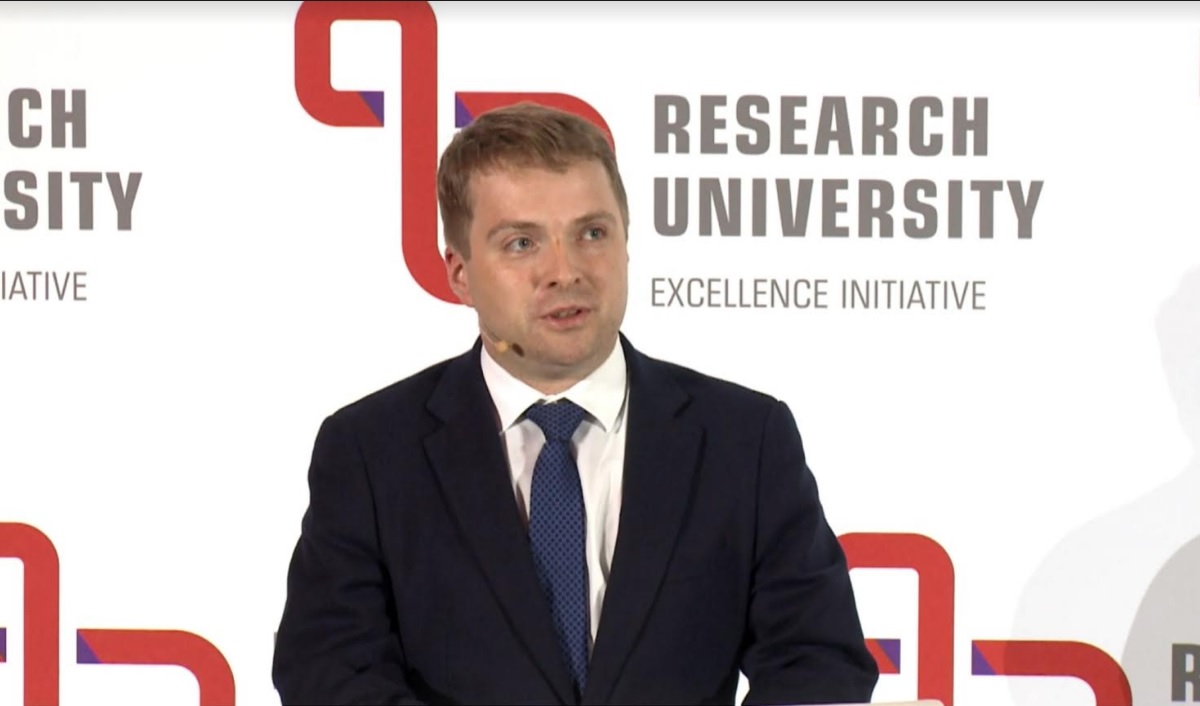
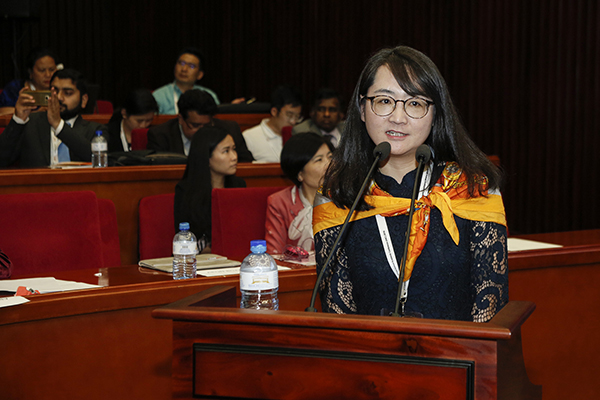
 Ben joined QS in 2002 and has led institutional performance insights function of QS since its emergence following the early success of the QS World University Rankings®. His team is, today, responsible for the operational management of all major QS research projects including the QS World University Rankings® and variants by region and subject. Comprising over 60 people in five international locations, the team also operate a widely adopted university rating system – QS Stars – and a range of commissioned business intelligence and strategic advisory services.Ben has travelled to over 50 countries and spoken on his research in almost 40. He has personally visited over 50 of the world’s top 100 universities amongst countless others and is a regular and sought after speaker on the conference circuit.Ben is married and has two sons; if he had any free time it would be spent reading, watching movies and skiing.
Ben joined QS in 2002 and has led institutional performance insights function of QS since its emergence following the early success of the QS World University Rankings®. His team is, today, responsible for the operational management of all major QS research projects including the QS World University Rankings® and variants by region and subject. Comprising over 60 people in five international locations, the team also operate a widely adopted university rating system – QS Stars – and a range of commissioned business intelligence and strategic advisory services.Ben has travelled to over 50 countries and spoken on his research in almost 40. He has personally visited over 50 of the world’s top 100 universities amongst countless others and is a regular and sought after speaker on the conference circuit.Ben is married and has two sons; if he had any free time it would be spent reading, watching movies and skiing.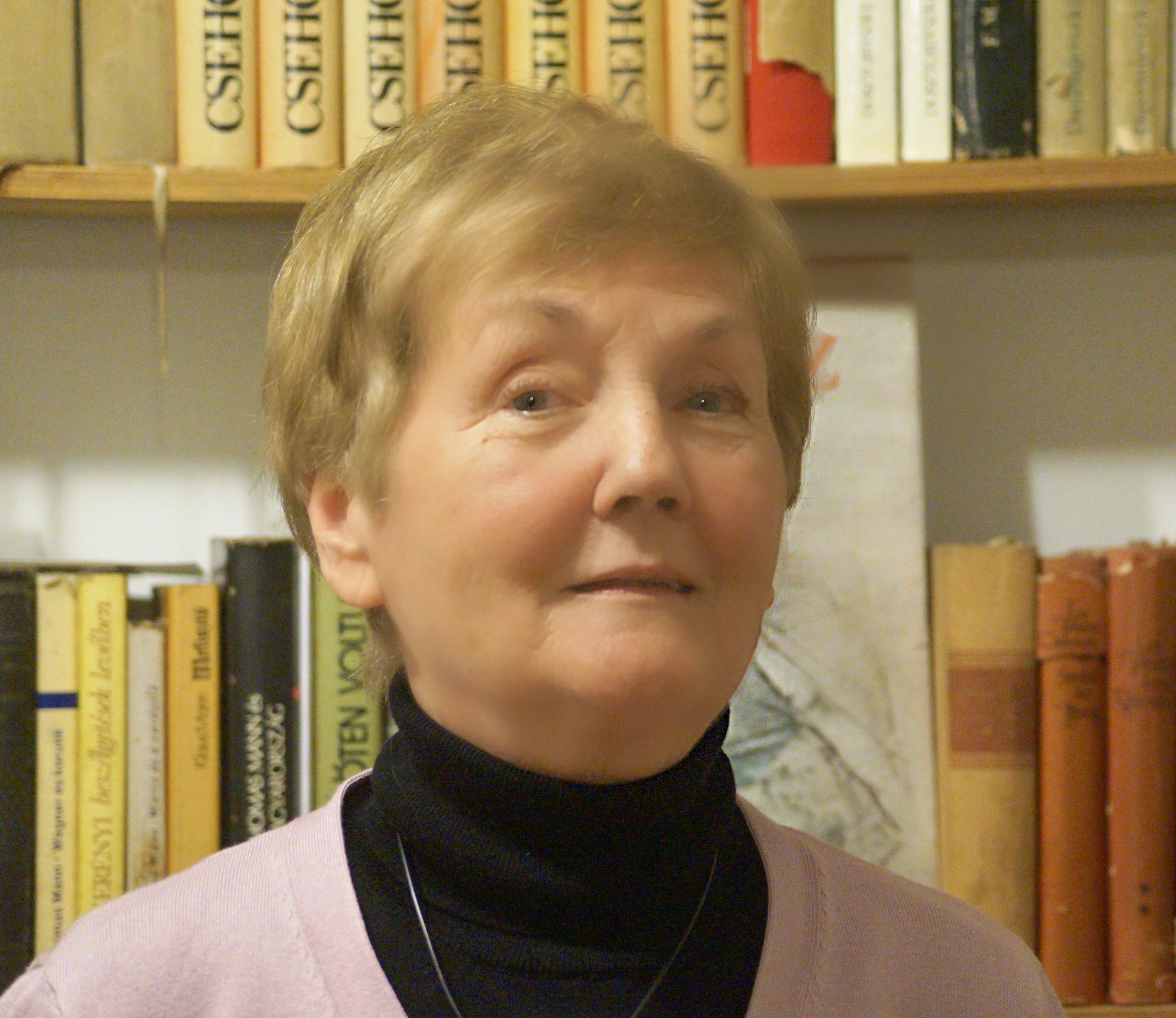
 Anna Urbanovics is a PhD student at Doctoral School of Public Administration Sciences of the University of Public Service, and studies Sociology Master of Arts at the Corvinus University of Budapest. She is graduated in International Security Studies Master of Arts at the University of Public Service. She does research in Scientometrics and International Relations.
Anna Urbanovics is a PhD student at Doctoral School of Public Administration Sciences of the University of Public Service, and studies Sociology Master of Arts at the Corvinus University of Budapest. She is graduated in International Security Studies Master of Arts at the University of Public Service. She does research in Scientometrics and International Relations.

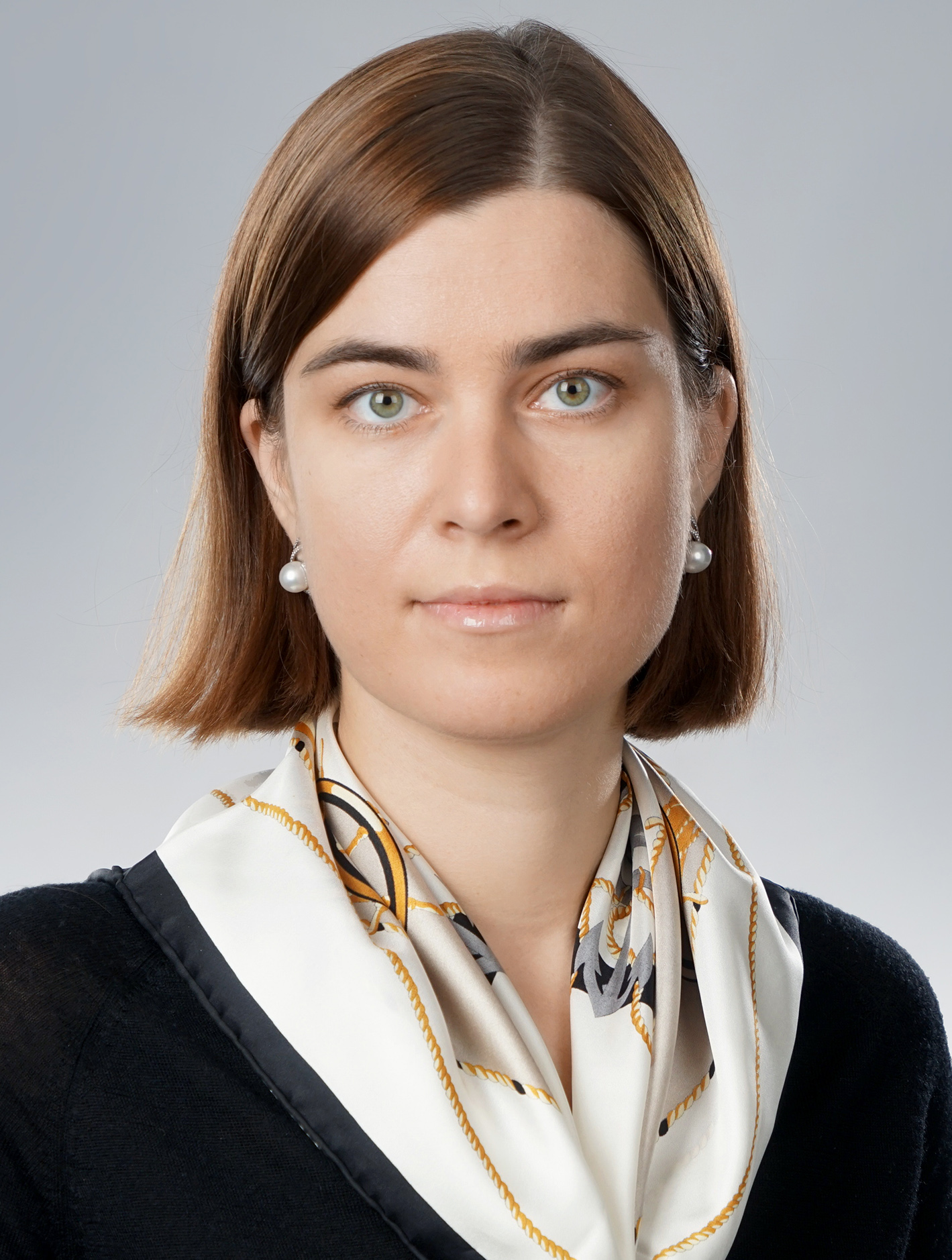
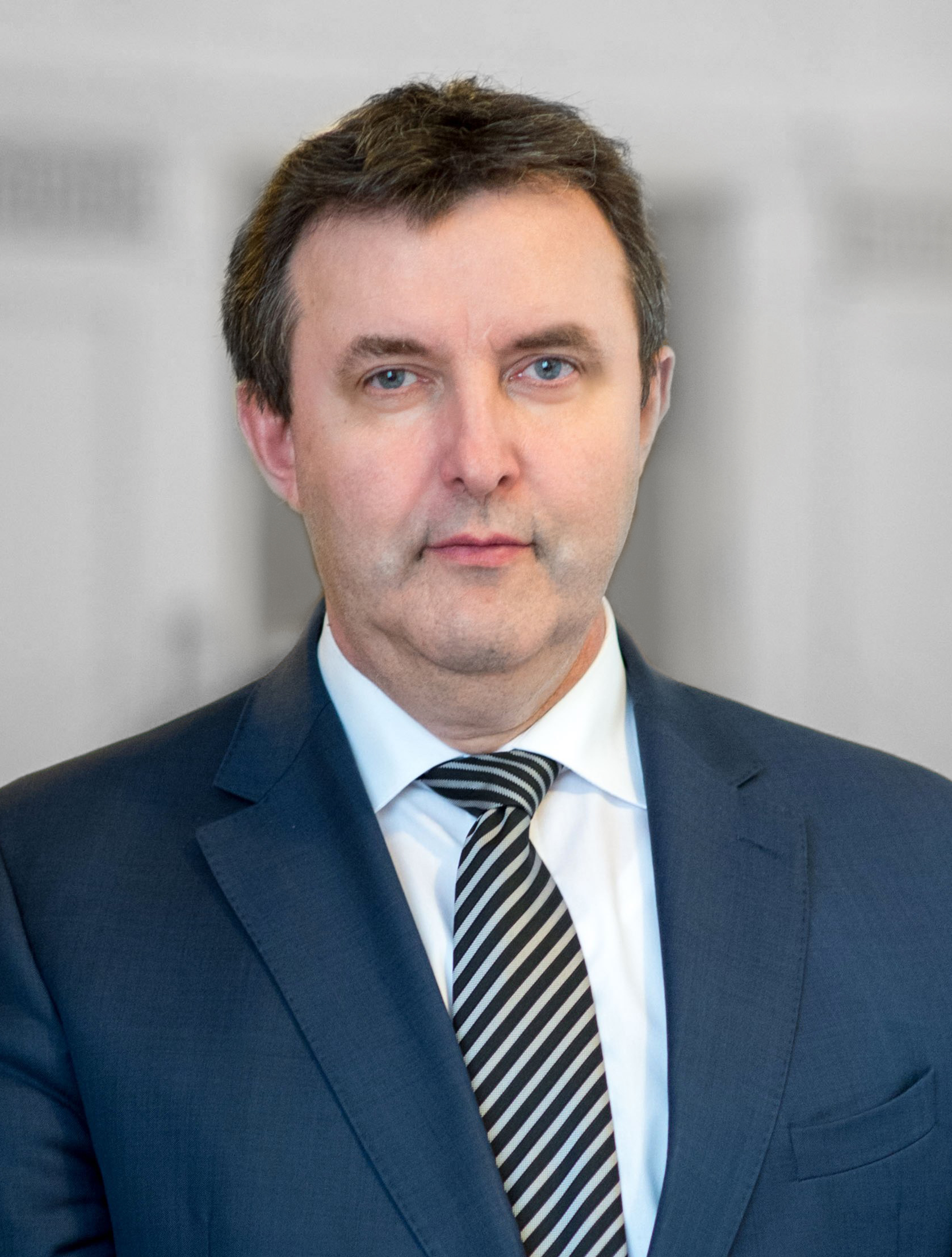 Since 1 February 2019 Minister Palkovics as Government Commissioner has been responsible for the coordination of the tasks prescribed in Act XXIV of 2016 on the promulgation of the Agreement between the Government of Hungary and the Government of the People’s Republic of China on the development, implementation and financing of the Hungarian section of the Budapest-Belgrade Railway Reconstruction Project.
Since 1 February 2019 Minister Palkovics as Government Commissioner has been responsible for the coordination of the tasks prescribed in Act XXIV of 2016 on the promulgation of the Agreement between the Government of Hungary and the Government of the People’s Republic of China on the development, implementation and financing of the Hungarian section of the Budapest-Belgrade Railway Reconstruction Project.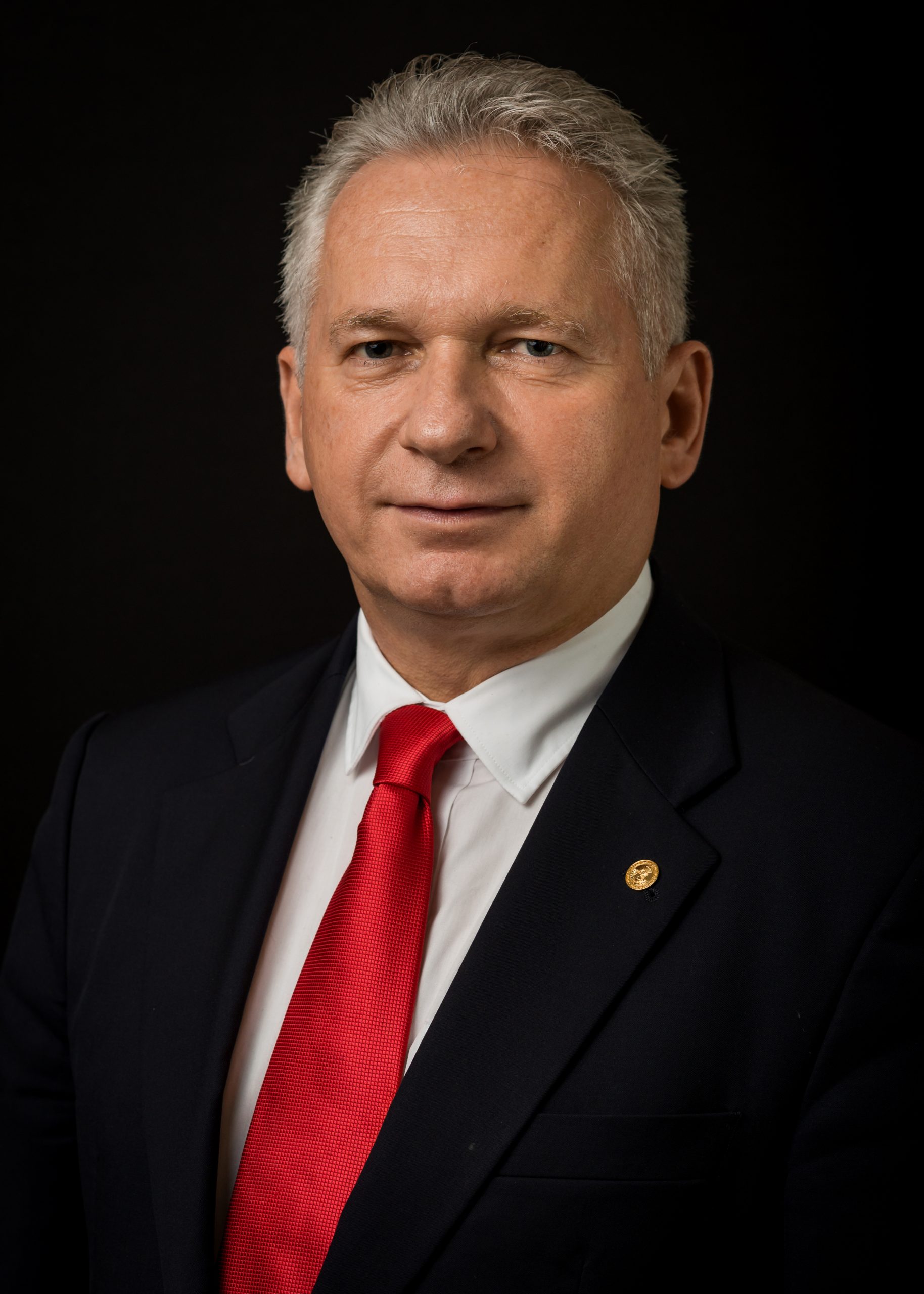

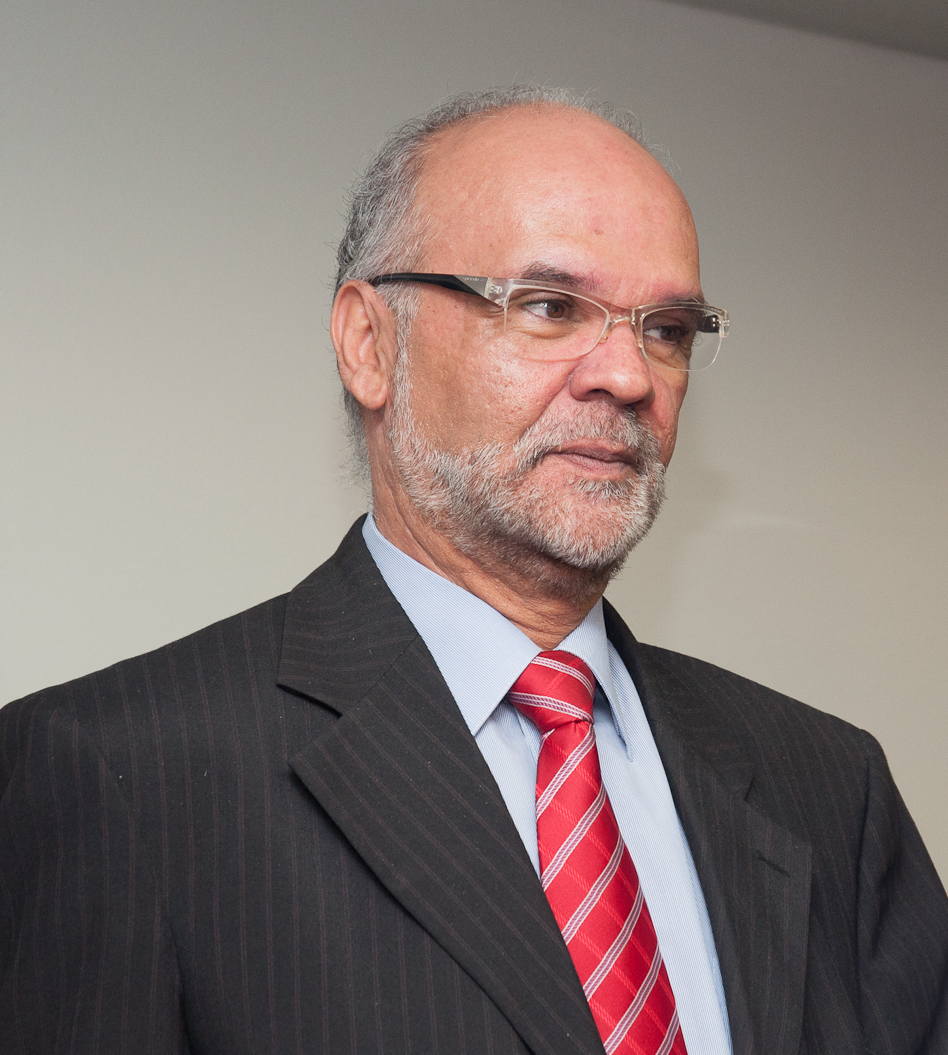
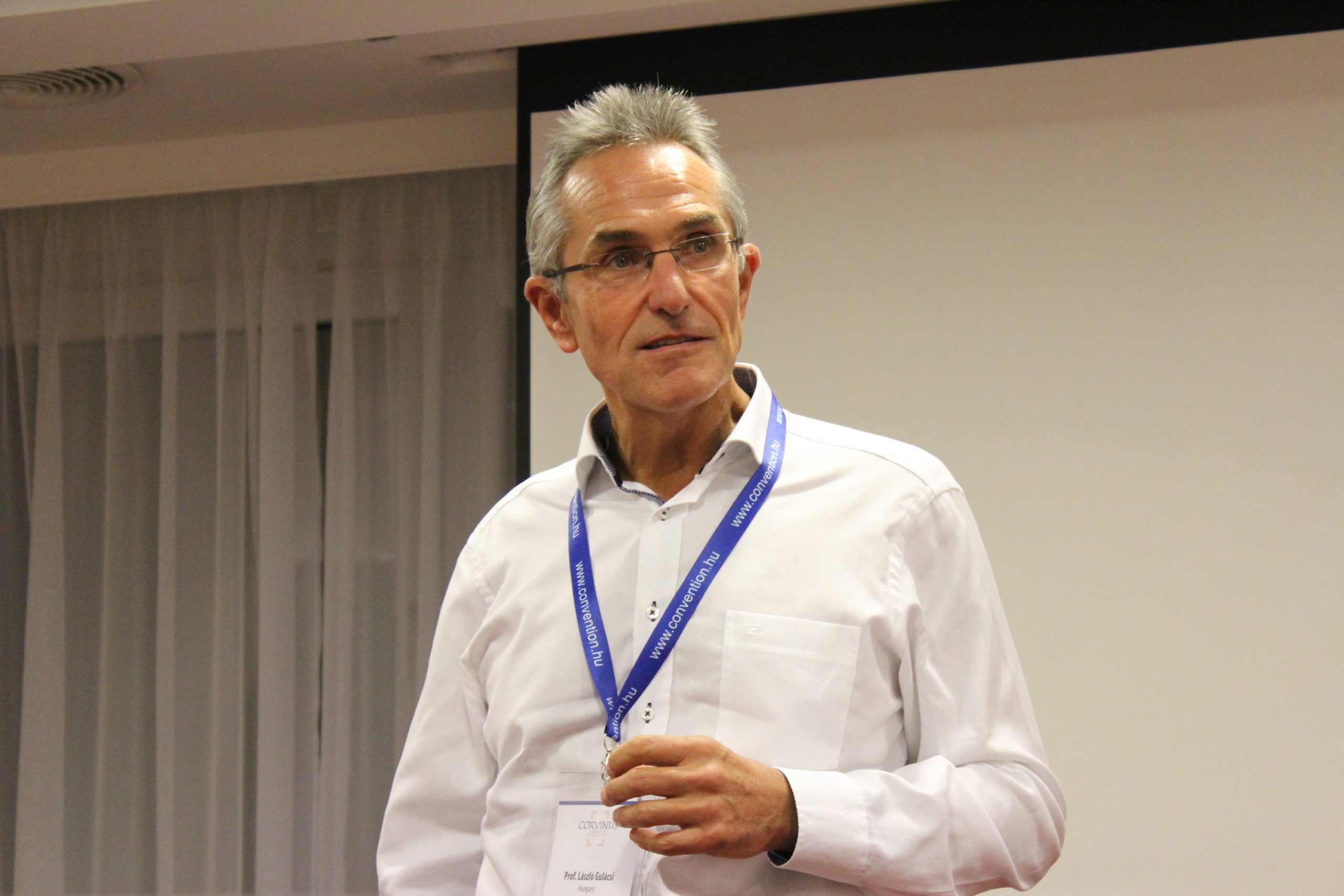 He is the past President of the Health and Health Care Economics Section of the Hungarian Economics Association.
He is the past President of the Health and Health Care Economics Section of the Hungarian Economics Association.

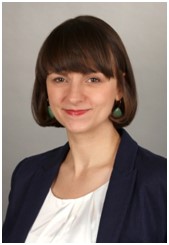 Based in Berlin, Zuzanna Gorenstein is Head of Project of the German Rectors’ Conference (HRK) service project “International University Rankings” since 2019. Her work at HRK encompasses the conceptual development and implementation of targeted advisory, networking, and communication measures for German universities’ ranking officers. Before joining the HRK, Zuzanna Gorenstein herself served as ranking officer of Freie Universität Berlin.
Based in Berlin, Zuzanna Gorenstein is Head of Project of the German Rectors’ Conference (HRK) service project “International University Rankings” since 2019. Her work at HRK encompasses the conceptual development and implementation of targeted advisory, networking, and communication measures for German universities’ ranking officers. Before joining the HRK, Zuzanna Gorenstein herself served as ranking officer of Freie Universität Berlin.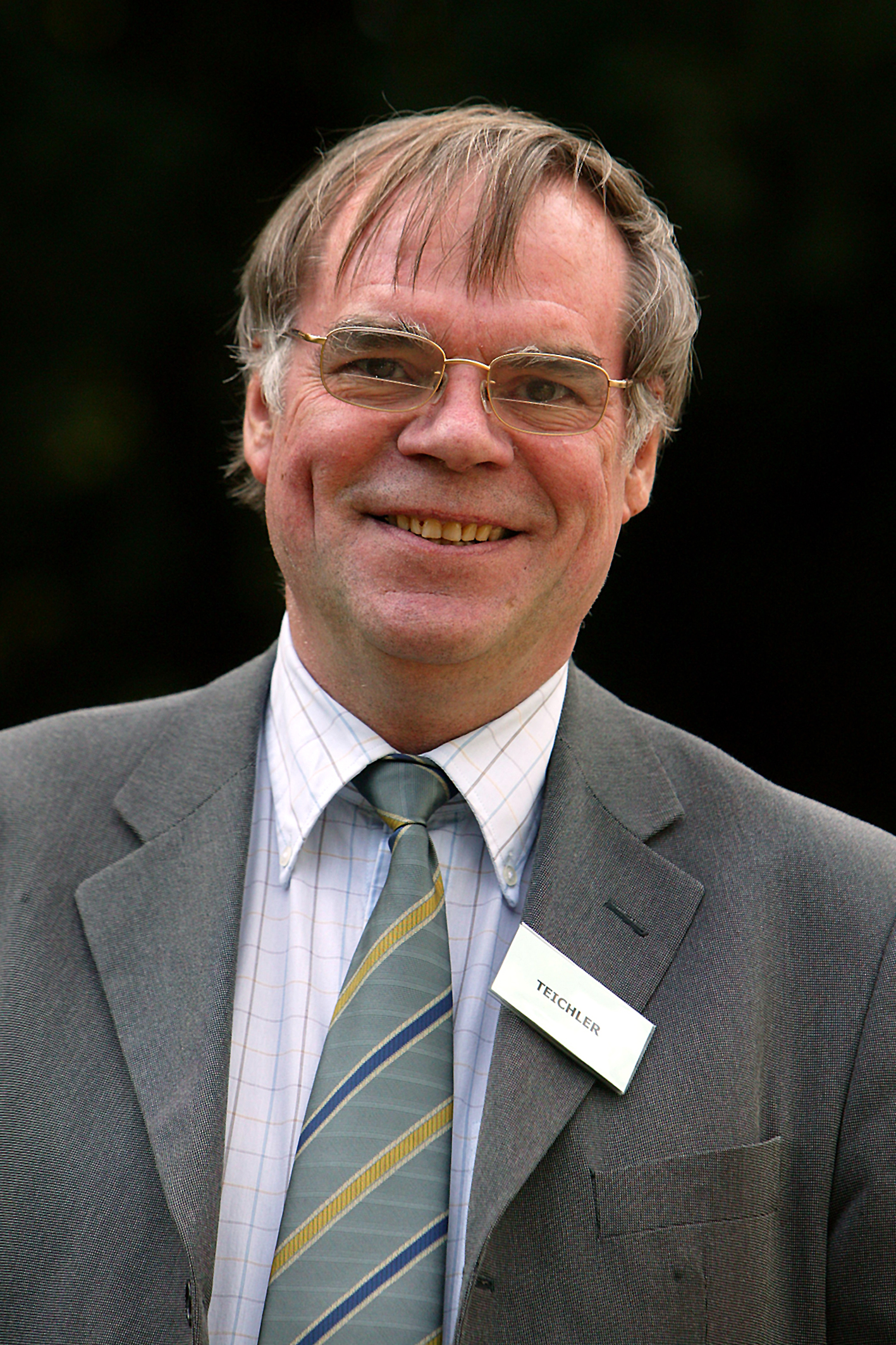
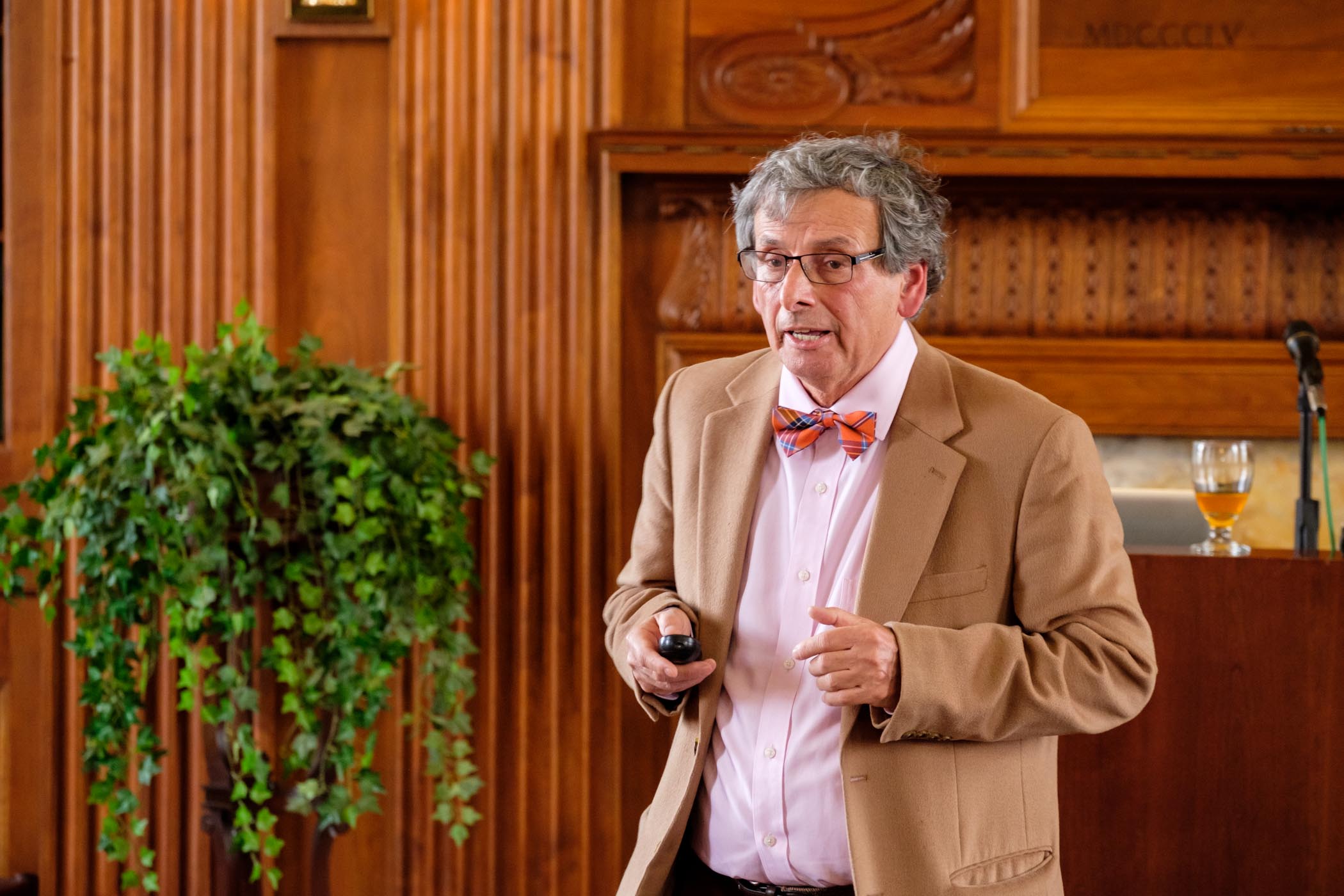 His books on mathematical modeling of chemical, biological, and other complex systems have been published by Princeton University Press, MIT Press, Springer Publishing house. His new book RANKING: The Unwritten Rules of the Social Game We All Play was published recently by the Oxford University Press, and is already under translation for several languages.
His books on mathematical modeling of chemical, biological, and other complex systems have been published by Princeton University Press, MIT Press, Springer Publishing house. His new book RANKING: The Unwritten Rules of the Social Game We All Play was published recently by the Oxford University Press, and is already under translation for several languages.
